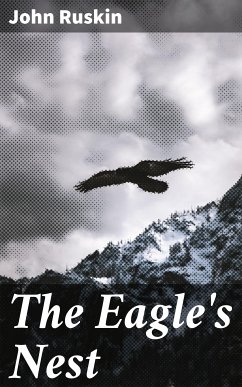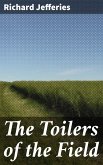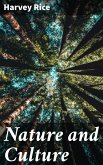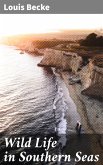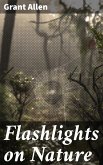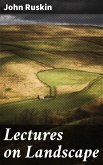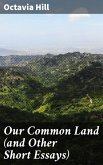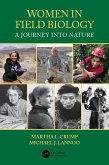In "The Eagle's Nest," John Ruskin presents an introspective exploration of nature, art, and the human experience, woven with his characteristic aesthetic sensibility and philosophical depth. This collection of essays, written during the Victorian era, reflects Ruskin's belief in the intrinsic connection between nature and moral virtues. Through his eloquent prose, he invites readers to appreciate the sublime beauty of the natural world while contemplating the ethical implications of industrialization and societal progress, establishing a literary context that critiques the disconnection from nature prevalent in his time. John Ruskin (1819-1900), an influential art critic, social thinker, and philanthropist, was profoundly impacted by the tumultuous changes of the Industrial Revolution. His formative experiences in the English countryside ignited a lifelong passion for nature and beauty, shaping his artistic sensibilities and moral philosophy. Ruskin's dedication to social reform and preservation of the environment is palpable in this work, as he advocates for a return to simplicity and a profound understanding of the world's wonders as a remedy to the ills of modernity. Readers of "The Eagle's Nest" will find themselves enchanted by Ruskin's rich descriptions and thoughtful musings, making it a compelling read for those interested in environmentalism, art, and the profound moral questions of their time. This book not only enriches the reader's appreciation of nature but also inspires a deeper introspection about one'Äôs place within the world.
Dieser Download kann aus rechtlichen Gründen nur mit Rechnungsadresse in A, B, BG, CY, CZ, D, DK, EW, E, FIN, F, GR, H, IRL, I, LT, L, LR, M, NL, PL, P, R, S, SLO, SK ausgeliefert werden.

